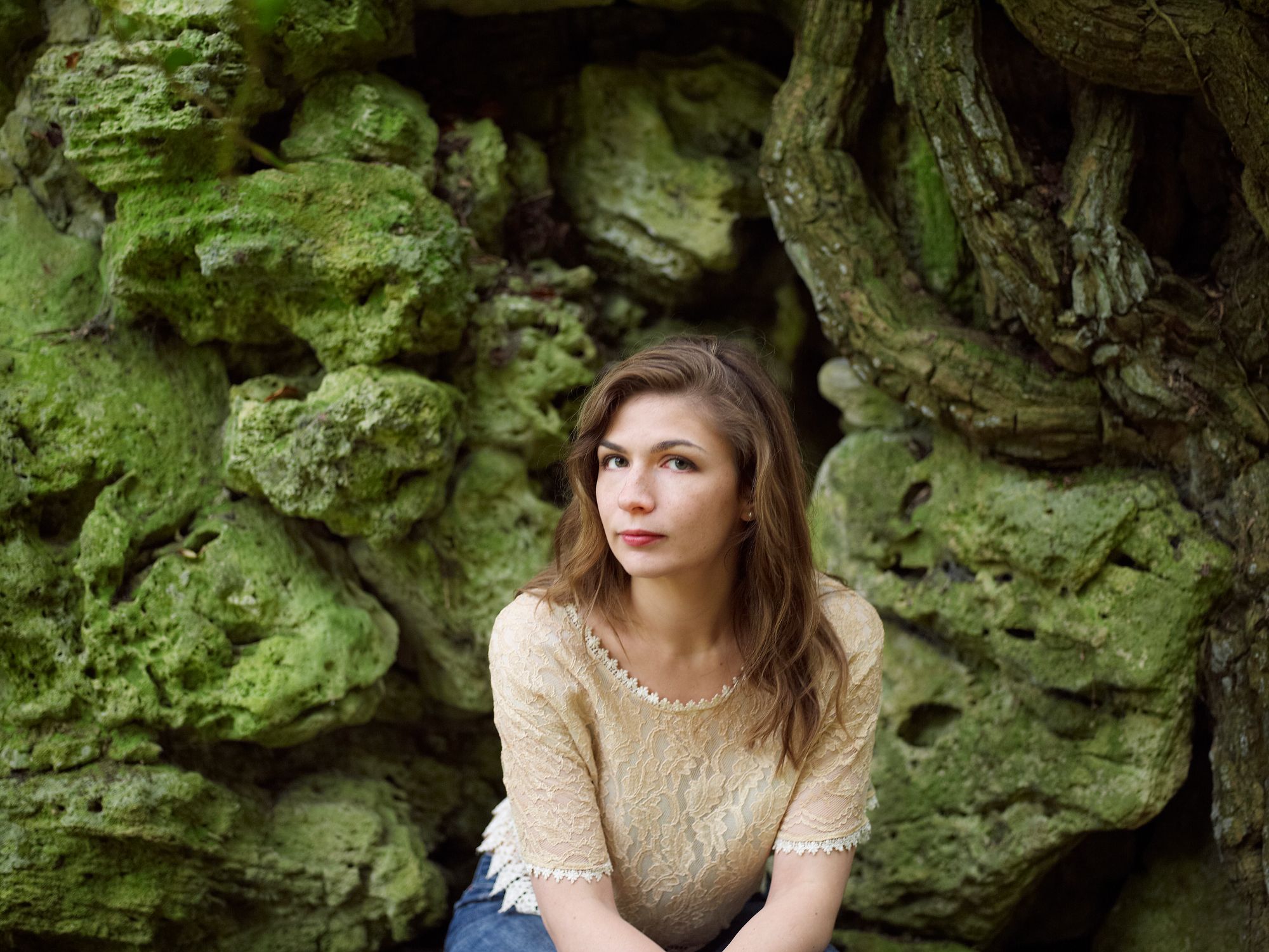Cascade: Cordelia Williams plays Beethoven, Prokofiev & Schumann
A thought-provoking gem of a recital, beautifully performed and recorded

Music that turns on a sixpence is the subject of Cordelia Williams' new album. She is very, very good at this genre: one only needs to think of her beautiful disc, Nightlight (see Classical Explorer post here). Here, the title of the new disc, Cascade, comes from a poem by Rainer Maria Rilke, from his Die Stundenbuch (The Book of Hours). “Often when I imagine you, your wholeness cascades into many shapes”. At the end of her introduction, pinpointing her ideas on the music here as “micro-glimpses into countless worlds,” she quotes directly (in translation) from Rilke:
Ich lebe mein Leben in wachsenden Ringen,
die sich über die Dinge ziehn.
Ich werde den letzten vielleicht nicht vollbringen,
aber versuchen will ich ihn.
(I live my life in widening circles / That reach across the world. / I may not complete this last one / But I give myself to it).
Here’s a beautifully-filmed trailer:
It is Beethoven who bookends this recital, an Alpha and Omega, offering a lovely sense of completion (the Bagatelle in C-Major, WoO 56, the opener, was potentially for inclusion in the Op. 119 Bagatelles, or possibly the “Waldstein” Sonata; Op. 126, a set of six Bagatelles, closes).
Prokofiev”s magnificent Visions fugitives, Op. 22,offers the first substantive collection, each of its 20 constituent parts (is it too much to call them “movements”?) a microcosm in itself hinting of greater vistas. Williams’ feel for Prokofiev’s language is excellent. Listen to the finger dexterity here:
or the quixotic No. 11:
... or the contrasts of piano tone in No. 14:
Suddenly, the final “Lento irrealmente” takes us into a more interior space:
The quiet, restrained opening of Schumann’s Waldszenen enters stealthily, cleansingly. In the previous album, Williams gave us Schumann’s wonderful Gesänge der Frühe; Waldszenen is again under-valued. Williams’ performance is remarkable in the spaces she takes us to, perfectly exemplified in “Verrufene Stelle”:
By far the most famous movement of Waldszenen in “Vogel als Prophet,” a moment of quixotic elusiveness.The movement has to sound almost improvised, and certainly does so here, tied together (and to its fellow movements) by a mysterious thread:
The “Jagdlied” (Hunter’s Song) is perfectly scaled yet full of energy, not an easy balance to achieve:
It is rather satisfying that the tender “Abschied” appears as first cousin to Prokofiev”s final “Lento” from his Op. 22. Williams’ performance of the Schumann “Abschied” is beautifully sustained (it is the cycle’s longest movement).

Williams’ performance of Beethoven’s set of Six Bagatelles, Op. 126, is one of the finest, suffused with wisdom and beauty. Bordering on the edges of the late string quartets, the Bagatelles offer clues to those great works’ cosmic mysteries. Contrasts abound (a true late-Beethoven characteristic). Listen to how the fluid first contrasts with the Bach-like precision of Williams’ rapid-fire opening to No. 2:
I do love Williams’ combination of power and accuracy the Presto fourth, the turn figure properly defined, and the way she contrasts that with some properly fantastical passages. Her voice-leading in the penultimate “Quasi allegretto” is exemplary and again there’s that lovely clarity of line:
Michael Quinn’s insightful booklet notes are superb, too, taking in a wide range of ever-pertinent references. The recording (Williams plays on a Steinway) is similarly superb, thanks to Producer Siva One and Recording Engineer Paul Arden-Taylor.
A thought-provoking gem of a recital, beautifully performed and recorded.
